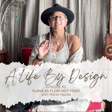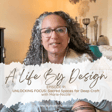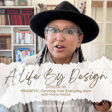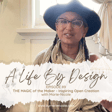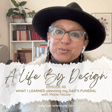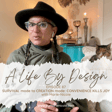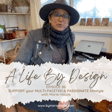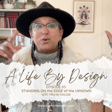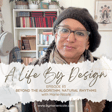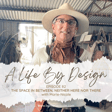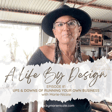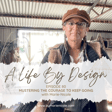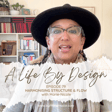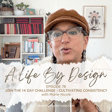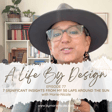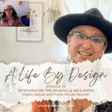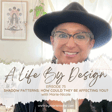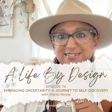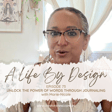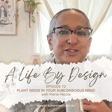
CREATING a CAREER that SUPPORTS WELLBEING - Chat with Artist & Landscape Designer Rikki-Lea James
Passionate about ecology and art, Rikki-Lea loves designing spaces with her clients that celebrate the local landscape.
Rikki-Lea's designs are influenced by the plants, colours and structures of wild, windswept sand-dune environments, through to the open eucalypt woodlands of southern Tasmania.
Prior to becoming a landscape designer, Rikki-Lea worked in sustainable development.
She loves applying systems thinking to the landscape design process to ensure that every garden she creates will endure and evolve into the future.
In this episode, she shares her journey of over-coming the challenge of working in the corporate world to creating a career path that supports her wellbeing, while serving her clients needs too!
_____________
COACHING with MARIE-NICOLE
Monthly Newsletter
RIKKI-LEA JAMES
Artist & Landscape Designer
Intro & Outro Music: Shaman Dance by slavamusic
We respect and honour Aboriginal and Torres Strait Islander Elders past, present, and future. We acknowledge the stories, traditions, and living cultures of Aboriginal and Torres Strait Islander peoples on this land and commit to building a brighter future together.
_____________
By accessing this Podcast, I acknowledge that the entire contents are the property of Marie-Nicole Meunier, or used by Marie-Nicole Meunier with permission, and are protected under AU and international copyright and trademark laws. Except as otherwise provided herein, users of this Podcast may save and use information contained in the Podcast only for personal or other non-commercial, educational purposes. No other use, including, without limitation, reproduction, retransmission or editing, of this Podcast may be made without the prior written permission of the Marie-Nicole Meunier, which may be requested by contacting
info@bymarienicole.com
This podcast is for educational purposes only. The host claims no responsibility to any person or entity for any liability, loss, or damage caused or alleged to be caused directly or indirectly as a result of the use, application, or interpretation of the information presented herein.
